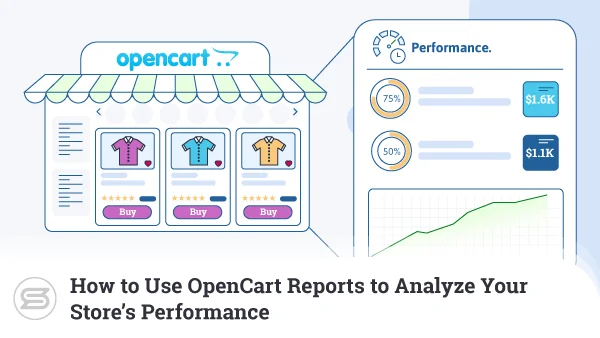
How to Use OpenCart Reports to Analyze Your Store’s Performance
OpenCart is not only great for creating and managing stores – it offers much more than that. One of the …
Browse the latest news, advice, and thought-leadership in the hosting.
Interested in writing a guest post for ScalaHosting blog? If you have a topic that you’d like to share with our audience, then we’d love to hear from you! Just make sure you checked our Guest Post Terms first.


OpenCart is not only great for creating and managing stores – it offers much more than that. One of the …
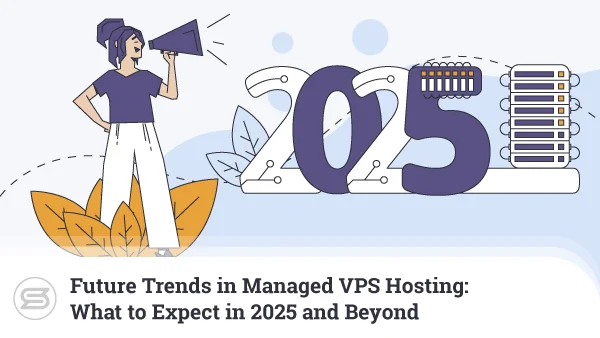
Imagine you’re cruising through the vast expanse of the internet, navigating the digital highways with seamless ease. But have you …

Learning management systems (LMS) have far exceeded the realm of schools, universities, and educational organizations. A wide variety of business …
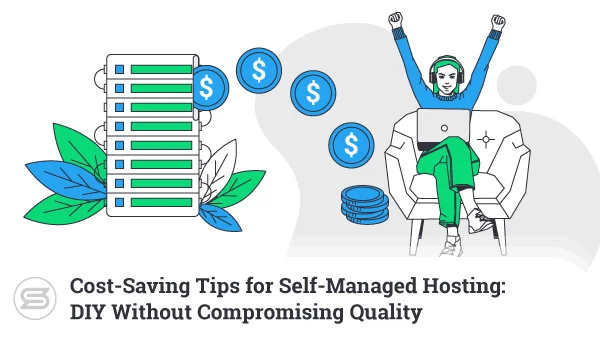
What are the main advantages of a self-managed hosting solution? Developers and people with sysadmin experience may prefer it over …
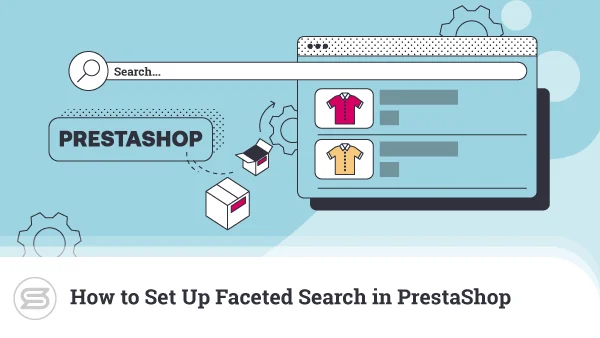
Hey there, PrestaShop enthusiasts! Let’s dive into the world of faceted search and how it can turbocharge your online store. …

Celebrated annually on February 14th, Valentine’s Day is one of the most commercially significant holidays worldwide. While it traditionally focuses …

If your goal is to drive organic traffic to your business website, you must implement good SEO practices. The better …

If you want to run a successful eCommerce business, getting traffic to your website is essential. But your work does …

Many people believe that when their website is running slow, the reason is most probably the web server. It makes …
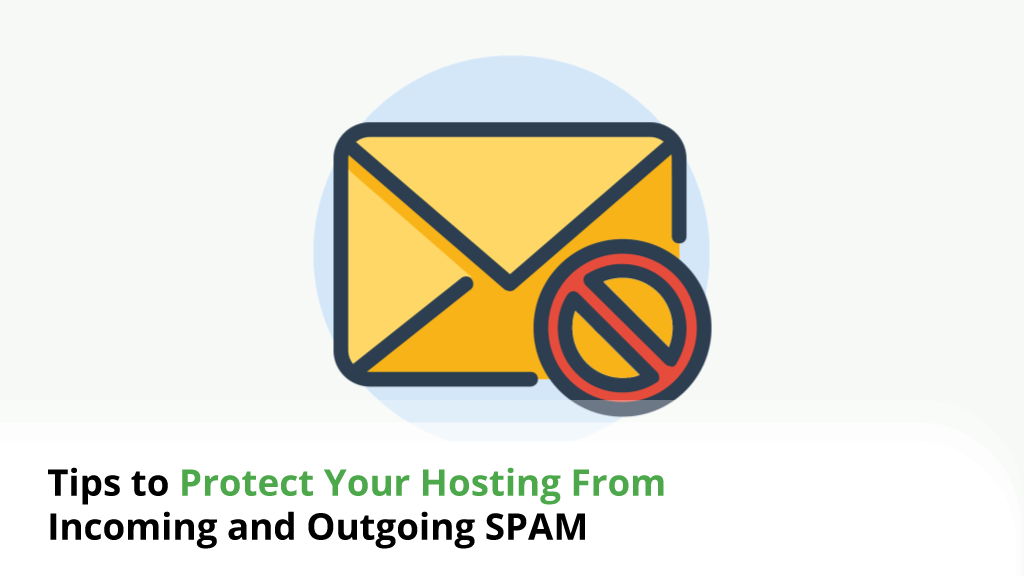
Millions of emails are sent out every day, but the majority of them still qualify as spam. Many companies use …